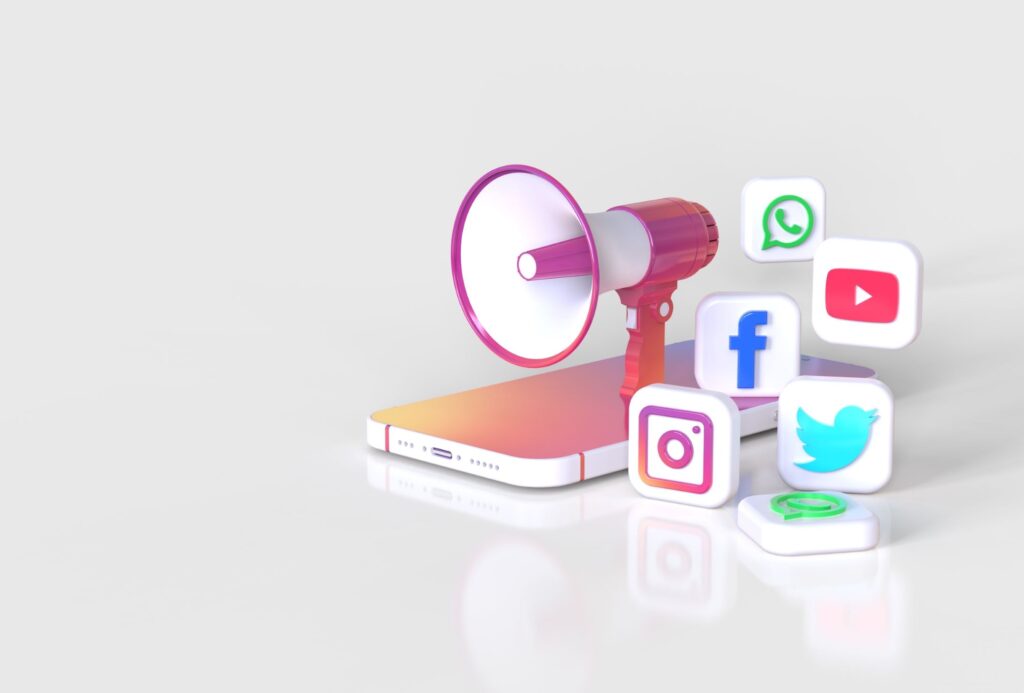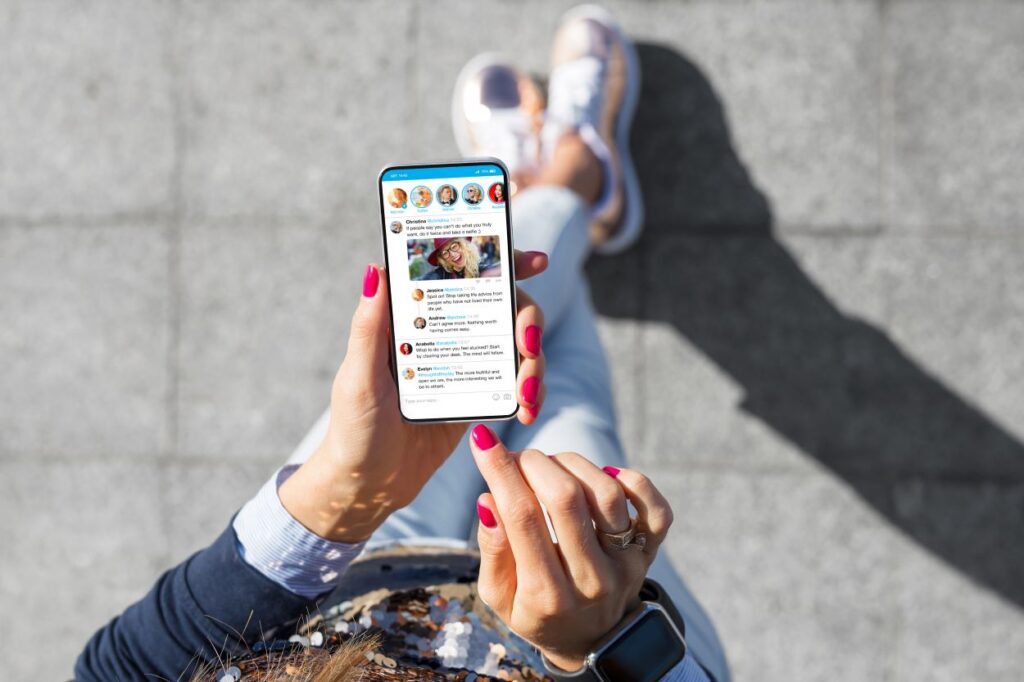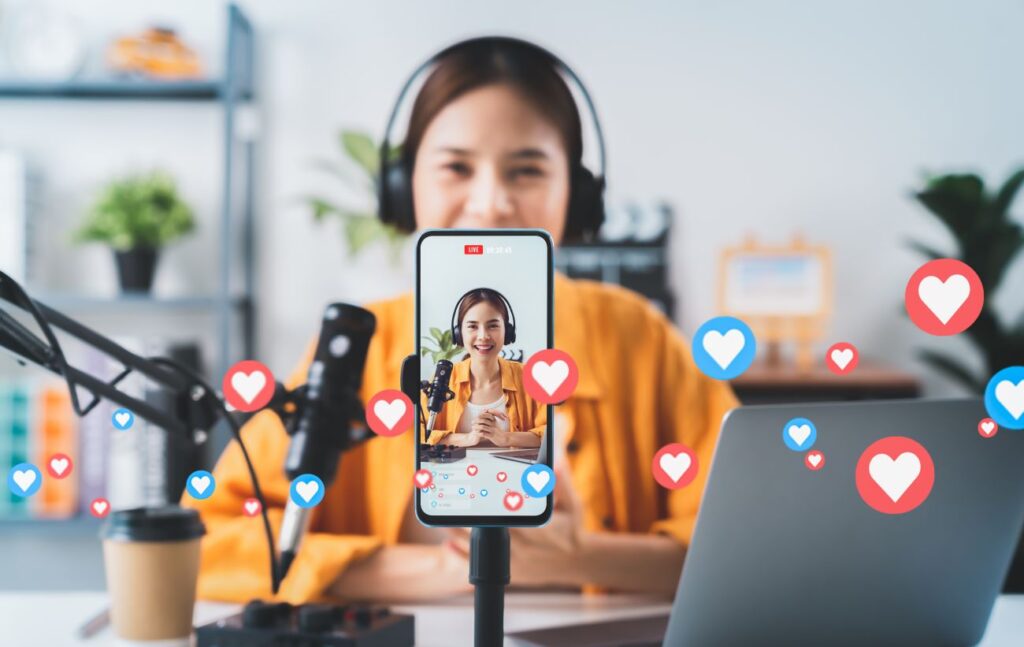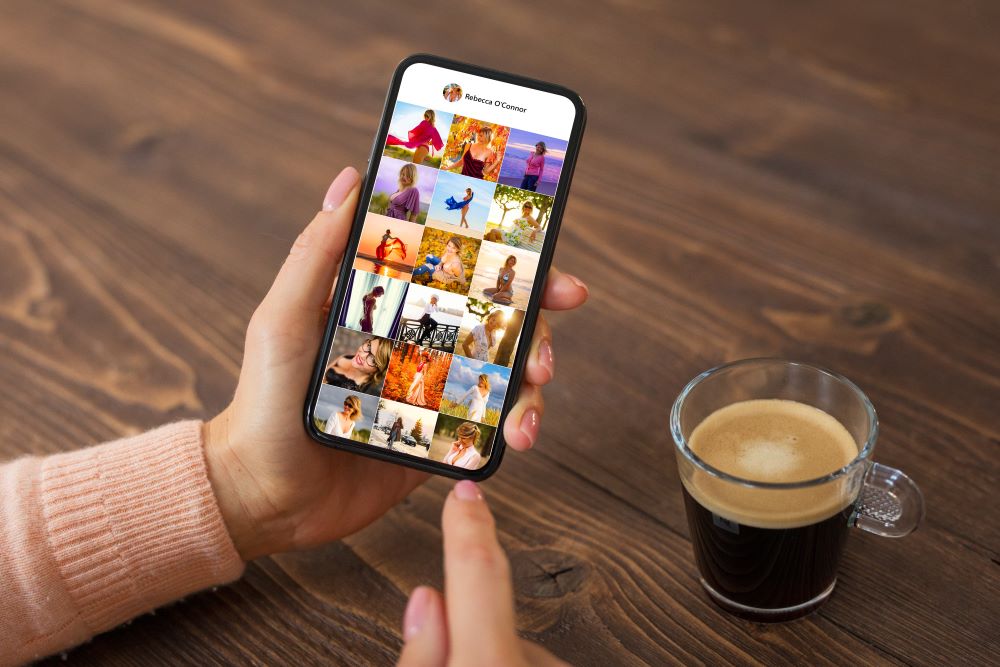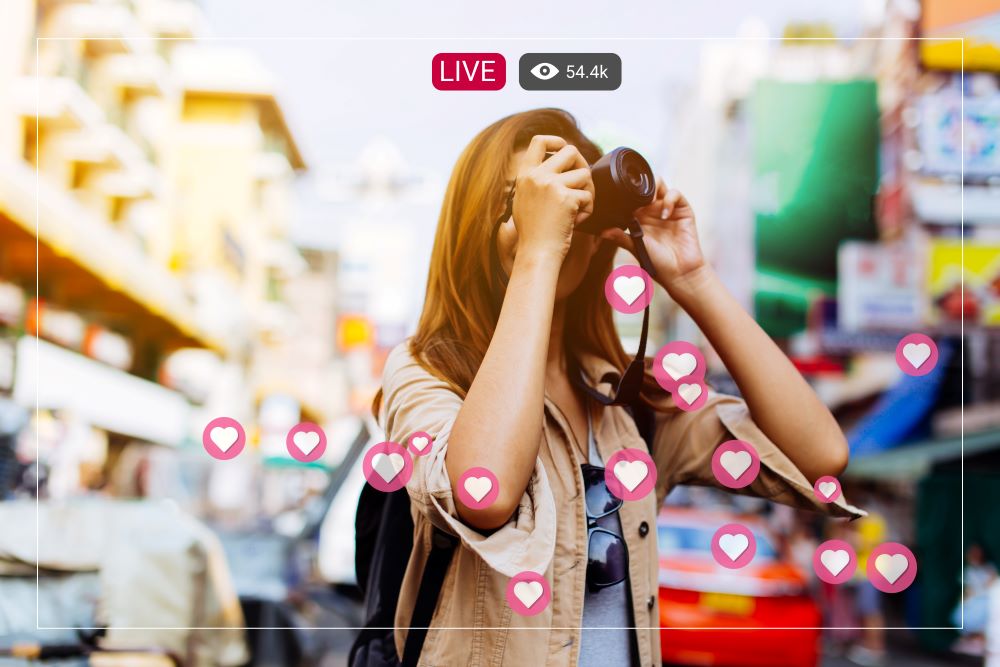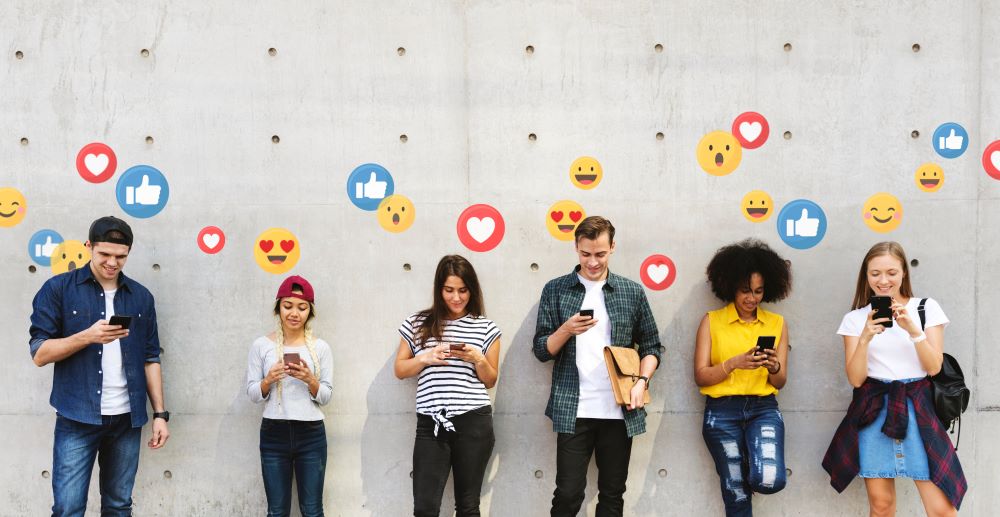The Lion's Den
What Is The Best Influencer Marketing Platform?
Influencer Search Tool

Overview of the Most Popular Platforms
Influencer marketing platforms have become pivotal tools in the rapidly evolving digital marketing landscape. Brands and agencies constantly search for the perfect platform to streamline influencer collaborations. Several platforms have garnered a significant user base in the USA, making them the go-to choices for marketers. Platforms like Lionize, AspireIQ, and Upfluence are leading the pack, each offering unique features catering to different influencer marketing aspects. These platforms provide various influencer search tools, such as Aspire, Brandwatch Influence, and Gen. video, which include features like customer support, automatic post collection, live data updates, reporting, campaign limitations, and content editing capabilities.
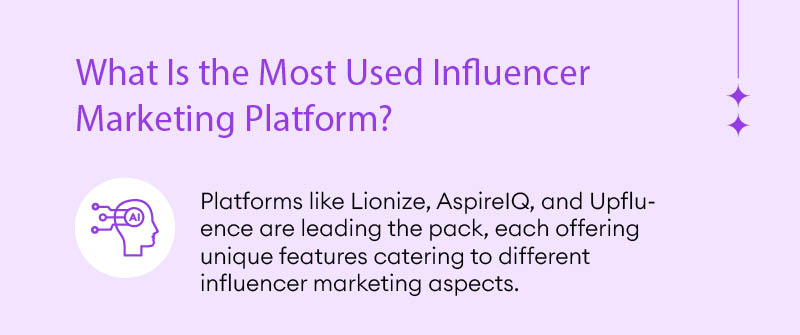
Features of the Leading Platform
Lionize, often touted as the best influencer marketing platform in the USA, stands out due to its comprehensive suite of tools that simplify finding, managing, and analyzing influencer collaborations. Key features include AI-driven influencer discovery, robust analytics, campaign management tools, and seamless integrations with social media platforms, making it perfect for managing an influencer marketing campaign. This makes Lionize an ideal choice for both large agencies and small businesses looking to scale their influencer marketing efforts efficiently.
Case Studies or Statistics Showing Usage Rates
Statistics reveal that platforms like Lionize have seen exponential growth in usage rates. For instance, a recent report indicated that over 70% of marketing agencies in the USA have adopted Lionize for their influencer campaigns. Case studies further demonstrate the platform’s effectiveness. One notable example is a campaign by XYZ Brand, which saw a 150% increase in engagement rates and a significant boost in ROI after leveraging Lionize’s advanced analytics and influencer matchmaking features. Such success stories underscore the platform’s status as the industry’s most used platform for influencer marketing campaigns.
Which Platform Is Used Most Commonly by Influencers?
In today’s digital age, the importance of platforms for influencers to connect with brands cannot be overstated. Navigating the landscape of influencer platforms for creators involves understanding influencers’ most commonly used tools to enhance their brand partnerships and expand their reach, often through an influencer marketplace that offers features like search/discovery, campaign management, and performance tracking.
Comparative Analysis of Platforms
The competition among influencer platforms is fierce, with several leading platforms like Instagram, TikTok, and YouTube dominating the space. Each platform offers unique features catering to diverse content creation styles. Instagram is renowned for its visual-centric interface and robust story features, making it a favorite among lifestyle and fashion influencers. Conversely, TikTok provides a dynamic space where trends amplify overnight, highly favored by Gen-Z content creators. YouTube remains a staple for long-format content and in-depth tutorials, perfect for social media influencers focusing on education and detailed storytelling.
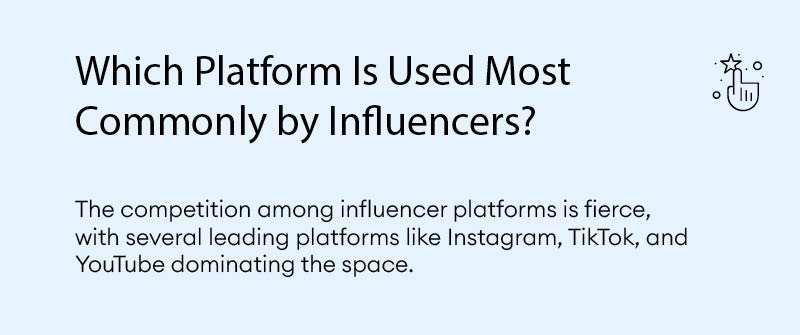
User Experience and Ease of Use
The user experience varies significantly across these platforms. Instagram’s integration with Facebook Ads Manager offers streamlined ad placements and insights, making it attractive for brands and influencers. TikTok’s algorithm-driven feed ensures high engagement rates, yet its new advertising tools are still evolving. YouTube provides an advantageous monetization program through AdSense, though it requires a higher follower threshold to unlock full benefits.
Availability of Tools for Influencers
Tools available on these platforms play a crucial role in influencer productivity and engagement. Instagram’s suite of business tools includes insights on post performance and follower demographics, aiding influencers in refining their content strategies. TikTok’s Pro Account offers similar analytics, with additional capabilities to track trending tags and sounds. YouTube Studio provides comprehensive analytics, including real-time data on video performance, audience retention, and traffic sources, supporting creators in optimizing their content for higher engagement.
While each platform has strengths, the choice ultimately depends on the content type, target audience, and influencer’s preferences. Understanding these nuances can aid influencers in selecting the right platform to forge stronger connections with brands and maximize their reach.
What Is the Most Preferred Channel for Influencer Marketing?
In the dynamic realm of influencer marketing, the choice of platform can greatly influence the success of campaigns. Regarding the most preferred channels for influencer marketing, social media platforms often take the crown. Here, we delve into why these channels are favored and how they integrate into a broader influencer marketing strategy.
Popular Social Media Channels for Influencer Marketing
As of recent trends, several social media platforms stand out as favorites among influencers and brands alike:
Instagram has long been the go-to platform for influencer marketing. Its visual-centric nature allows influencers to create compelling content through photos, stories, or IGTV. With features like Instagram Shopping and shoppable posts, it’s a robust platform for brands looking to drive sales through influencer collaborations.
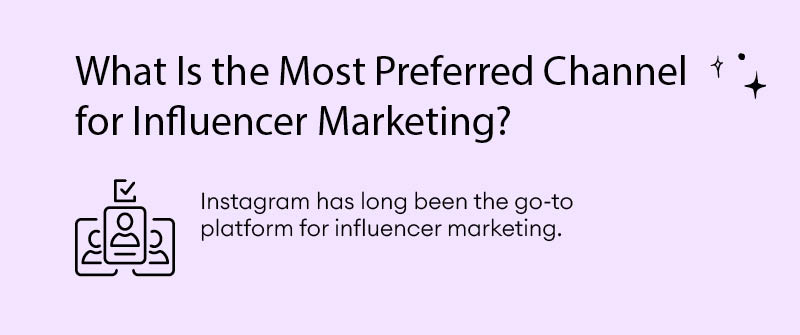
Another strong contender is Twitter, particularly for influencers focused on micro-blogging. Its real-time engagement capabilities make it an excellent channel for announcements and trending topics.
YouTube
YouTube caters to long-form content, making it ideal for detailed reviews, tutorials, and vlogs. Influencers leverage YouTube for its video monetization capabilities and the high engagement rates of video content.
TikTok
More recently, TikTok has surged in popularity, particularly among micro-influencers. Its short-form video content is highly engaging, and trends can go viral quickly, giving brands massive exposure.
Integration of Influencer Marketing on These Channels
The integration of influencer marketing on these platforms involves several elements to enhance marketing campaigns:
- Brand Collaboration Tools: Most of these platforms have specialized tools for brand collaborations, enabling seamless partnerships.
- Sponsored Content: Platforms like Instagram and YouTube offer clear tagging options for sponsored content, maintaining transparency with followers.
- Analytics: Robust analytic tools help brands and influencers track engagement and ROI, ensuring campaigns are data-driven and effective.
Ultimately, the choice of platform depends on the target audience, campaign goals, and content type. However, Instagram, YouTube, TikTok, and Twitter are consistently at the forefront of influencer marketing strategies due to their unique features and massive user bases.
What Is the Best CRM for Influencers?
The burgeoning field of influencer marketing necessitates using robust Customer Relationship Management (CRM) tools tailored specifically for influencers and brands. A dedicated CRM for influencers is not merely a database but a comprehensive platform that manages interactions, tracks campaigns and maximizes ROI. Here, we explore some of the top CRM platforms, elevating how brands and influencers collaborate.
Overview of Top CRM Platforms for Influencers
Platforms like Lionize have redefined influencer management with their advanced CRM capabilities. They allow brands to identify the right influencers and manage every aspect of their relationships and collaborations. This includes contract management, payment tracking, and performance analytics, all within one cohesive platform.
Other leading CRMs in the space include HubSpot, which offers extensive features for relationship management and integrates seamlessly with various marketing channels. AspireIQ and Influencity are also noteworthy, providing specialized tools tailored for the influencer ecosystem, from discovery to in-depth campaign reporting.
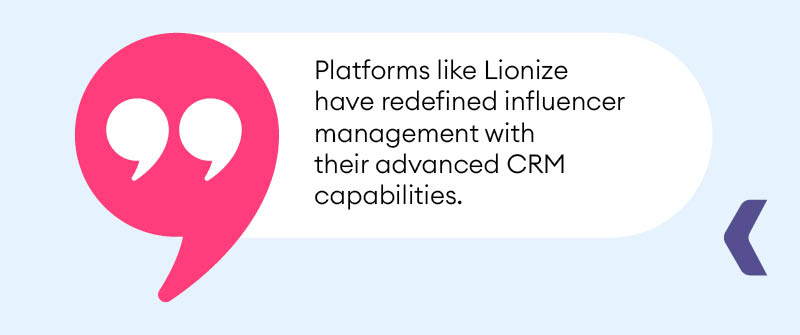
Features and Benefits
The right CRM for influencers should offer an intuitive user experience and extensive functionalities. For instance, Lionize stands out with its AI-powered influencer matching feature, which leverages data analytics to ensure that brands connect with the most relevant influencers. This can significantly enhance campaign outcomes and reduce manual effort.
Features such as real-time reporting, multi-channel campaign integration, and automated outreach streamline the workflow, freeing up more time for creative strategy and execution. Payment and contract management capabilities simplify the financial aspect, ensuring timely payments and clear contract terms.
Moreover, these platforms often offer a centralized hub for storing communication history, collaboration notes, and content assets, making it easier to manage multiple influencers and campaigns concurrently.
Revolutionize your Influencer Marketing with Lionize! Brands and Agencies can harness the power of AI to find the perfect Influencers and Creators effortlessly and manage campaigns with unprecedented ease. Partner with Lionize and transform hours into minutes.



